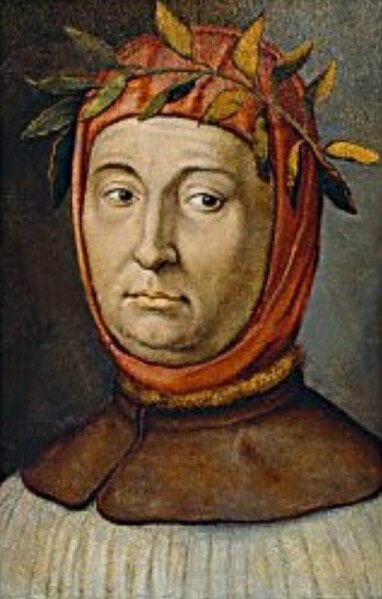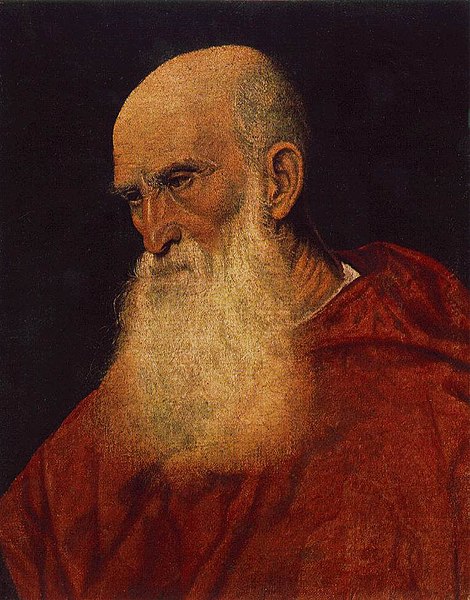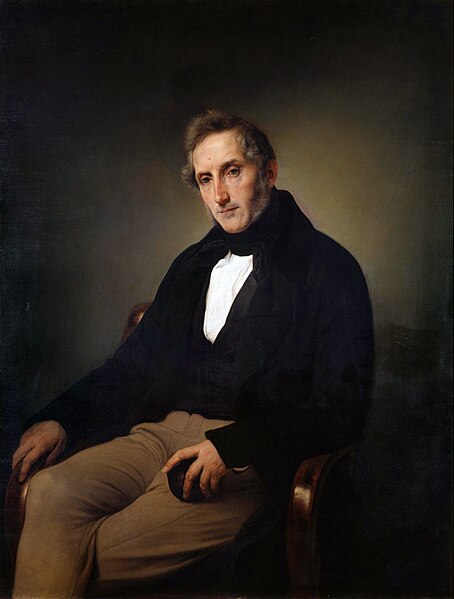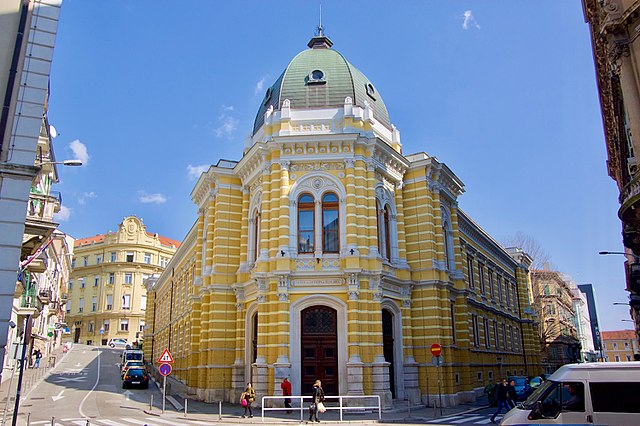Victor Emmanuel II was King of Sardinia from 23 March 1849 until 17 March 1861, when he assumed the title of King of Italy and became the first king of an independent, united Italy since the 6th century, a title he held until his death in 1878. Borrowing from the old Latin title Pater Patriae of the Roman emperors, the Italians gave him the epithet of Father of the Fatherland.
Victor Emmanuel, c. 1861
Victor Emmanuel II in 1849
Portrait of Victor Emmanuel, with a battle in the background (1848)
Maria Theresa of Austria mother of Victor Emmanuel II
Italian is a Romance language of the Indo-European language family that evolved from the Vulgar Latin of the Roman Empire. Italian is the least divergent Romance language from Latin, together with Sardinian. Spoken by about 85 million people including 67 million native speakers (2024), Italian is an official language in Italy, San Marino, and Switzerland, and is the primary language of Vatican City. It has official minority status in Croatia and in some areas of Slovenian Istria.
Dante Alighieri (top) and Petrarca (bottom) were influential in establishing their Tuscan dialect as the most prominent literary language in all of Italy in the Late Middle Ages.
Venetian Pietro Bembo was an influential figure in the development of the Italian language from the Tuscan dialect, as a literary medium, codifying the language for standard modern usage.
Alessandro Manzoni set the basis for the modern Italian language and helping create linguistic unity throughout Italy.
Italian Secondary School in Rijeka/Fiume, Croatia








